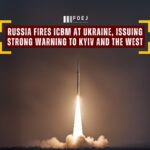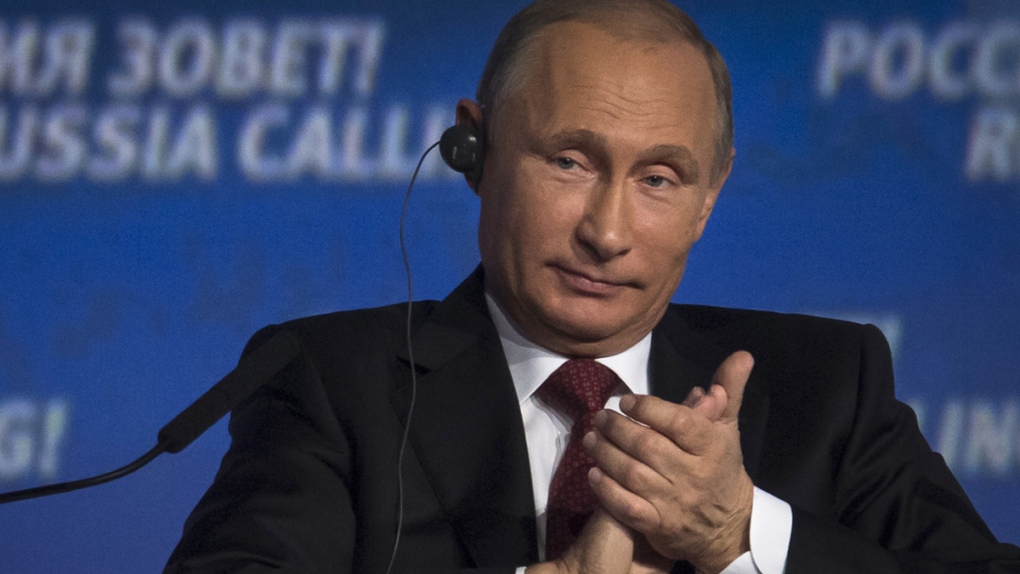Russia’s hidden gains from the Israel-Hamas war
The ongoing war between Israel and Hamas has drawn global attention and condemnation, as the death toll and destruction in Gaza and Israel continue to rise. While many countries have called for an immediate cease-fire and a peaceful resolution, Russia has maintained a low profile and a neutral stance, avoiding any direct criticism of either side. However, behind the scenes, Russia stands to benefit from the conflict in several ways, according to analysts and experts.
One of the most obvious advantages for Russia is that the war distracts and diverts Western attention and resources from Ukraine, where Russia has been accused of massing troops and supporting separatists in a simmering conflict that has killed over 14,000 people since 2014. The US and its NATO allies have pledged to support Ukraine’s sovereignty and territorial integrity, and have provided military aid and training to Kyiv. However, Israel’s requests for additional US military assistance, such as Iron Dome missiles, precision-guided munitions, and artillery rounds, could strain the supply and availability of weapons for Ukraine, especially if the war escalates into a ground invasion of Gaza.
“President Vladimir Putin’s objectives ‘will be achieved faster’ if a US focus on the Israel conflict results in the slowdown of arms deliveries to Kyiv,” Russian Foreign Minister Sergey Lavrov said on October 9 at a news conference. He added that Russia’s goals in Ukraine “will be achieved in any case.”

Another way that Russia benefits from the war is that it boosts its oil-exporting economy, which has been hit hard by the coronavirus pandemic and US sanctions. The conflict has raised fears of supply disruptions and instability in the Middle East, one of the world’s largest oil-producing regions. As a result, oil prices have surged to their highest levels since 2018, reaching over $80 per barrel this week. This is good news for Russia, which relies on oil and gas revenues for about 40% of its federal budget. Higher oil prices also give Russia more leverage and influence in global energy markets and politics.
A third way that Russia can gain from the war is that it can enhance its role as a mediator and power broker in the Middle East, where it has cultivated ties with various actors, including Israel, Iran, Syria, Turkey, Egypt, Saudi Arabia, and the Palestinians. Russia is one of the members of the so-called Quartet, along with the US, the UN, and the EU, that seeks to facilitate peace talks between Israel and the Palestinians. Russia has also been involved in diplomatic efforts to revive the 2015 nuclear deal between Iran and world powers, which Israel opposes.
By adopting a balanced and restrained position on the war, Russia hopes to preserve its relations with both Israel and Hamas (which is backed by Iran), as well as other regional players. Russia also hopes to fill the vacuum left by the US, which has been seen as biased in favor of Israel by many Arab and Muslim countries.
Russia’s President Vladimir Putin has spoken with several leaders in the region, including Israel’s Prime Minister Naftali Bennett, Egypt’s President Abdel Fattah al-Sisi, Turkey’s President Recep Tayyip Erdogan, and Qatar’s Emir Sheikh Tamim bin Hamad Al Thani, to express his concern over the situation and urge a cease-fire.
“Russia benefits from a localized and protracted conflict between Israel and Hamas that’s confined to Gaza, but if the conflict yet opens up in multiple other fronts [like] Syria or Iraq or Lebanon, then it could become a very problematic development for the Russians,” Samuel Ramani, a geopolitical analyst and associate fellow at the Royal United Services Institute think tank, told CNBC.
He added that the war could present an opportunity for Russia to increase its influence in the Middle East, but also a very disastrous outcome if it spirals out of control. “So this is a very nervous moment for Moscow,” Ramani said.
Read more news like this
Hamas’s Actions Don’t Represent Palestinians: President Mahmoud Abbas









